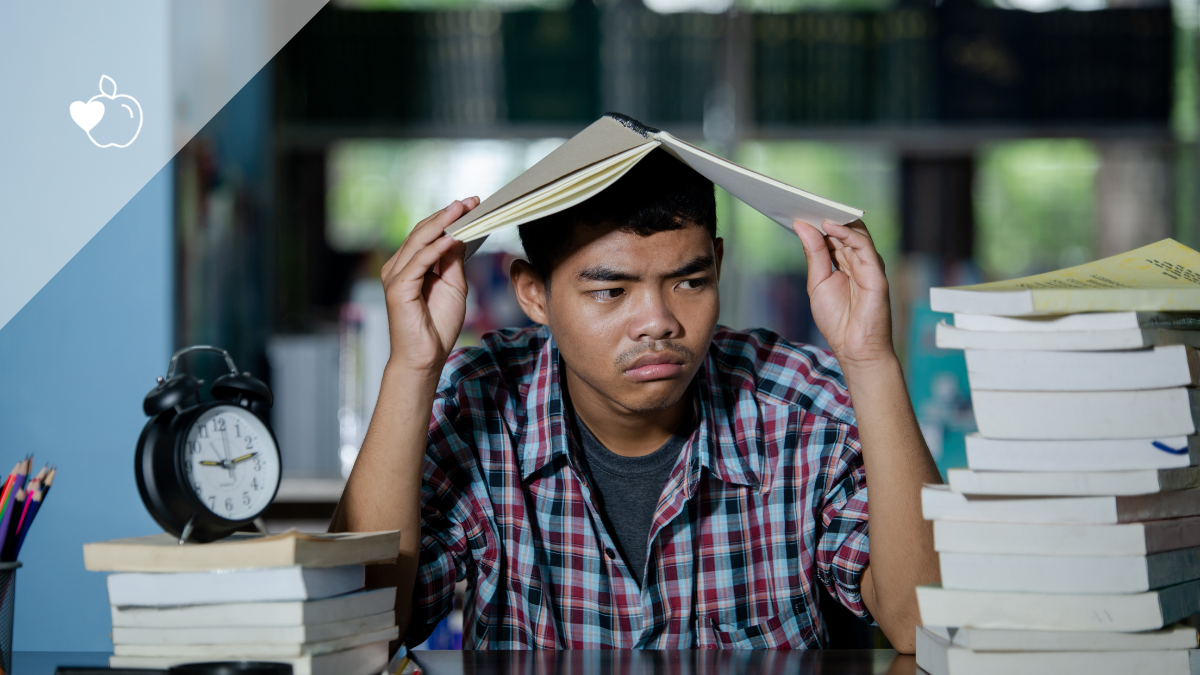“He slips into the classroom a few minutes late; it’s the third time this week and he should be getting a demerit for it, but I also know that he is too young to get himself to school on time…it’s not even 10 am yet and he has lost concentration; today he has chosen to pick on another boy across the class; I get there just in time to prevent him from hurting the boy with a sharpened pencil. I suspect he is hungry; he hardly makes it to breaktime before I have to find a way to divert him from disturbing the class”
– this is the daily experience of a Cape Town-based primary school teacher’s interaction with a child who suffers from a learning disability.
Whether you are a parent, a teacher, or a chaplain like myself, experiences like the one mentioned above are all too familiar. A child with a learning disability, or any other special need, has a significant effect, not only on the functioning, relationships and routines of families (Marvin & Pianta, 1996), but also on the functioning, relationships and routines that are found within a classroom. In order to gain a greater understanding of learning disabilities and the effect an environmental influence can make on a child’s learning, I met up with Elona Hlatshwayo, a registered Psychometrist (HPCSA), and Coach (COMENSA) who through systematic coaching interventions seeks to ensure that learners and, ultimately, schools achieve greatness.
Elona described learning as a complex task that involves the integration of many brain-based processes. These processes include taking in information, interpreting it, organising it in a meaningful way, and expressing it in a way that allows a child to apply their understanding to others. Thus, a learning disability, is a disorder in one, or several, of these neurological processes that are vital for effective learning. She continued to add that the success of these processes are influenced by the environment that the child finds themselves in.
The context in which a child is raised has a significant influence on their development in the physical, emotional, thinking and behavioural aspects. This context includes factors like family, neighbourhood, religious, and socio-economic environments. Early child development psychology theorists such as Albert Bandura and Skinner argue that human behaviour is developed through observation and modelling (Weiten, 2002). Skinner’s theory posits that all human behaviour can be traced back to environmental influences. The Bill & Melinda Gates Foundation, 2018 reported a global estimated 53 million children under the age of 5 suffer from developmental and learning disabilities. It is therefore of utter importance to understand how to optimise these influential contexts on a child’s development both at home and in school.
With urban migration and lack of employment in smaller towns being the main contributors to the societal shift to more nuclear families, parents no longer have the extended family support that they once had and that they need. Heimann & Berger, 2009 affirm that families of children with learning disabilities require support in order to be able to better support and raise their children in a balanced way. When parents are burnt out by work and other demands, it is likely that the care of their children will not be at its optimum. When children do not get the affirmation and support they need at home, they are more likely to act up at school. By implementing the following 6 areas into the interactions that you have with learners, you will be able to start optimising the influential contexts necessary for their learning development:
1. Unconditional acceptance.
Be sure that your child/learner knows that you accept their limitations, including those related to their learning disability. The best course of action is to constantly remind them that the human condition is not perfect; we all have strengths and weaknesses, what matters is what we do with what we have. An important part of conveying acceptance is avoiding hurt words that are judgemental in nature and assign blame without really looking at the root of the problem; “You’re lazy & unmotivated!”
2. Acknowledge feelings
When your child/learner has not performed in the way that you have expected; a helpful approach to avoid hurt words that are counterproductive is to acknowledge their feelings. This allows you to try and understand, from their perspective, how they feel about their failed assignment / poor performance and what led to it, thus opening up an opportunity for proactivity to take place.
3. Emphasize Competence
Robert Brooks, a psychologist who specialises in working with children who have learning disabilities, cautions that parents/teachers can’t just tell their children/learners that they believe in them and value their abilities; for words are not enough. It is vital that opportunities are created for them to demonstrate and develop success in their own competence.
4. Find Support.
It is good to know your limits and get support for yourself if you start experiencing frustration, guilt, shame, or inadequacy about your ability to parent/teach a child/learner effectively. Without support, one may suffer from burn-out and exhaustion, common symptoms of many parents/teachers who have to cope with a child’s special needs.
5. Doing and Not-doing
Never do for your child/learner what they can do for themselves. This is a difficult one; because your ability to solve a math problem or write a paragraph is a lot faster than your fourth-grader! This temptation is present because working with a child who has a learning disability is time-consuming, especially when juggling all the many demands that life throws our way. But do know, that getting into a habit of “doing” will only compound the problem.
6. Don’t overload
Children who have learning disabilities often feel very overwhelmed with a schedule that is filled with an abundance of activity as they can become overstimulated and unable to focus on school assignments. This can create a negative environment for learning. The key is to find a balance!
Aaron Otto serves as a Pastor and Chaplain for the Seventh-Day Adventist Church in Cape Town.
Elona Hlatshwayo is a registered Psychometrist (HPCSA), and Coach (COMENSA) who works for Dinaledi, an Educational Coaching Organisation based in Cape Town



